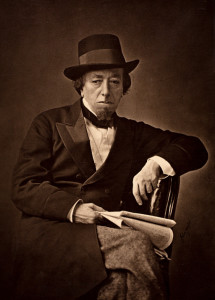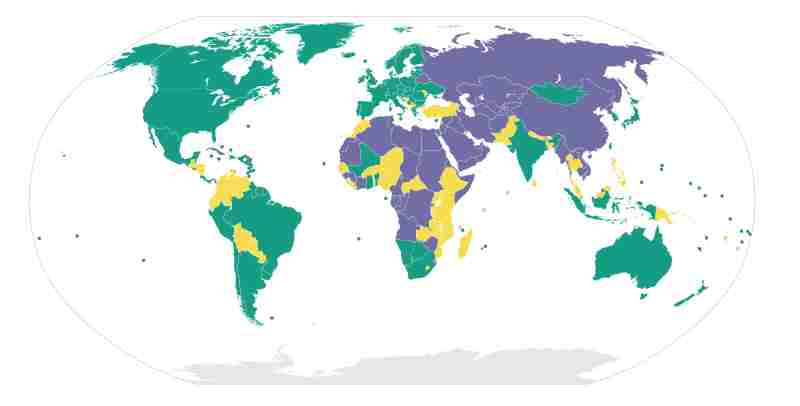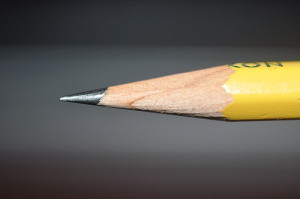 Today was Remembrance Day – the eleventh day of the eleventh month – which marks the falling silent of the guns on the western front at the end of the Great War.
Today was Remembrance Day – the eleventh day of the eleventh month – which marks the falling silent of the guns on the western front at the end of the Great War.
In the UK it is a normal working day and the occasion is marked – for those who mark it at all – by a two minute silence at the eleventh hour. The UK has always made more of Remembrance Sunday, which is held on the nearest Sunday to Armistice Day itself.
In Canada the day is a public holiday!
Either way it is entirely right and proper that there should be an annual reminder of – and a chance to reflect upon and give thanks for – the sacrifices made by those obliged to become engaged in armed conflict on behalf of their countries and who have paid the price thereof. It is a time also to extend thoughts and sympathies to those left behind.
I have always personally felt ambivalent about the wearing of the poppy, though it is a splendid symbol and the campaign raises essential monies for a truly worthy cause. During the sixties and seventies – when I was in my youth – the campaign in the UK featured the tagline “Wear your poppy with pride”. The prevailing mood at the time seemed very much to celebrate our glorious military history.
I couldn’t help feeling that – whereas pride might be an appropriate emotion for the combatants themselves, given the part they had played – for those of us with no direct involvement neither pride nor glory had a place in the remembrance of loss and sacrifice. It was surely more appropriate to feel sadness, regret and shame… shame that our country had been obliged to ask its young men to kill the young men of other countries and to make the ultimate sacrifice themselves.
Whatever one’s notion might be of ‘just’ war it is indisputable that of all the conflicts that have raged throughout history wars that could truly be thus classified are far outnumbered by those that could have – should have – been avoided. It is a shameful reflection on humanity that, whereas we continually spend vast fortunes and devote considerable ingenuity to developing newer and more hideous ways to kill each other, we are incapable of making a similar investment towards bringing war itself to an end. We struggle even to terminate the most prosaic of conflicts.
Perhaps on this day of remembrance we should also turn our minds to all those who are responsible – through their madness, their bigotry, their misguided idealism, their fanaticism, their political ambitions, their misplaced xenophobia and jingoism, their greed, desire, lust – for any part in fomenting or promoting armed conflict.
It seems – tragically – that remembering the dead alone is not enough to bring an end to war. Perhaps we must also keep fresh in our memories all of those whose actions – or lack thereof – have helped to sew the seeds of conflict.













Recent Comments